
Concert ticket prices go through the roof

Ticket prices for concerts have risen sharply in recent years, whether at stadiums, halls or at festivals.
swissinfo spoke to Vincent Sager of the events promotion company, Opus One, and Daniel Rossellat of the Paléo Festival in Nyon to discuss the phenomenon.
They blamed rising costs and lower CD sales for soaring ticket prices.
swissinfo: Concert tickets today cost almost twice as much as they did ten years ago. Why?
Vincent Sager: There are several reasons. First, there has been an increase in the cost of living, and thus a rise in the inherent costs involved in staging an event, starting with ticketing. Switzerland has also introduced VAT during this period.
Then there are external factors like the introduction of the euro. For example, prices have been rounded up, whether for a cup of coffee or the fees of English and French artists.
swissinfo: Rolling Stones tickets are selling for SFr250 ($203) and you have to pay SFr190 to see Simon and Garfunkel in Basel. That’s a lot for a concert in a stadium.
V.S.: The public doesn’t always act rationally when it comes to seeing a living legend on stage. For most people, these are once-in-a-lifetime events.
swissinfo: Who profits the most from this, the artists or the organisers?
V.S.: Not the organisers. It’s a risky business. In general, the organiser is the last to get paid, after having to shell out for the artists’ fees, hall rentals, taxes, ticketing, security, sound, lights etc.
We also have to deal with American entertainment conglomerates like Clear Channel Communications, which are a recent phenomenon. They own everything from radio and television stations to concert halls and even the rights for tours [of entertainers like Janet Jackson, Aerosmith, Madonna].
They invest gigantic sums for road shows by bands like the Stones and in order to make a profit, they jack up the prices when they resell the event.
swissinfo: The collapse of the CD market is also cause for concern.
Daniel Rossellat: Indeed. Income from CD sales is now lower than concert receipts. That’s new. It used to be that CD sales helped fund the tours.
Artists went on the road even if they didn’t make any money. But that wasn’t a huge problem since the aim of performing live was to promote their CDs.
Now, the approach is different. If a CD doesn’t do well, it’s all the more important to make up for lost sales with a tour.
So, it’s no longer enough to calculate ticket prices based on expenses. There is now a clear desire to fix a price, based on what the market is willing to bear.
V.S.: You also have to take into account the fact that record labels are no longer willing to subsidise tours, which they were until very recently. This has left some artists no choice but to cancel their tours.
The labels are groping in the dark, trying to come to terms with the latest consumer trends. They are starting to panic.
swissinfo: Record labels are losing customers because of their failure to take chances and because people are not willing to pay the high prices they demand. Will this eventually hurt live events as well?
D.R.: In contrast to the major labels, small companies are doing well because they give their stable of young artists the necessary time to develop.
I think times are changing for the recording industry, as well as for live events. It’s this change which has resulted in concerts being more profitable than CDs, but we have to be wary, since we need the CD to sell the live show and the event to sell the CD.
The greatest challenge in the years to come will be to encourage new talent.
swissinfo: Ticket prices for concerts and festivals have risen, whether it’s for the Montreux Jazz Festival, or the Paléo festival in Nyon.
D.R.: It doesn’t matter if artists once demanded fees of $50 or $100,000. They now ask for twice that amount, even if the services and logistics are the same.
There has been a significant rise in their fees, but the public also wants better sound quality and comfort, which is also reflected directly in the price of the ticket.
Live events have to adhere to economic rules. If you spend more than you take in, then you won’t be in business for very long.
But we are in a good position at the moment. Many festivals are successful in spite of the rise in ticket prices.
This upward spiral may soon be stopped since there is a limit to how much concert or festival-goers are willing to pay. It will still be easy to sell high-priced tickets for big-name acts, but lesser-known performers will have trouble attracting an audience if the price is not right.
swissinfo-interview: Bernard Léchot in Nyon
The Paléo festival in Nyon will be held from July 20 to 25.
Simon and Garfunkel will perform in Basel’s St Jakob’s stadium on July 29.
Daniel Rossellat is the founder and director of the Paléo festival, one of Europe’s biggest outdoor music events. He is also head of the events company, Opus One.
Vincent Sager is the new director of Opus One, which organises and provides logistical support for events.

In compliance with the JTI standards
More: SWI swissinfo.ch certified by the Journalism Trust Initiative
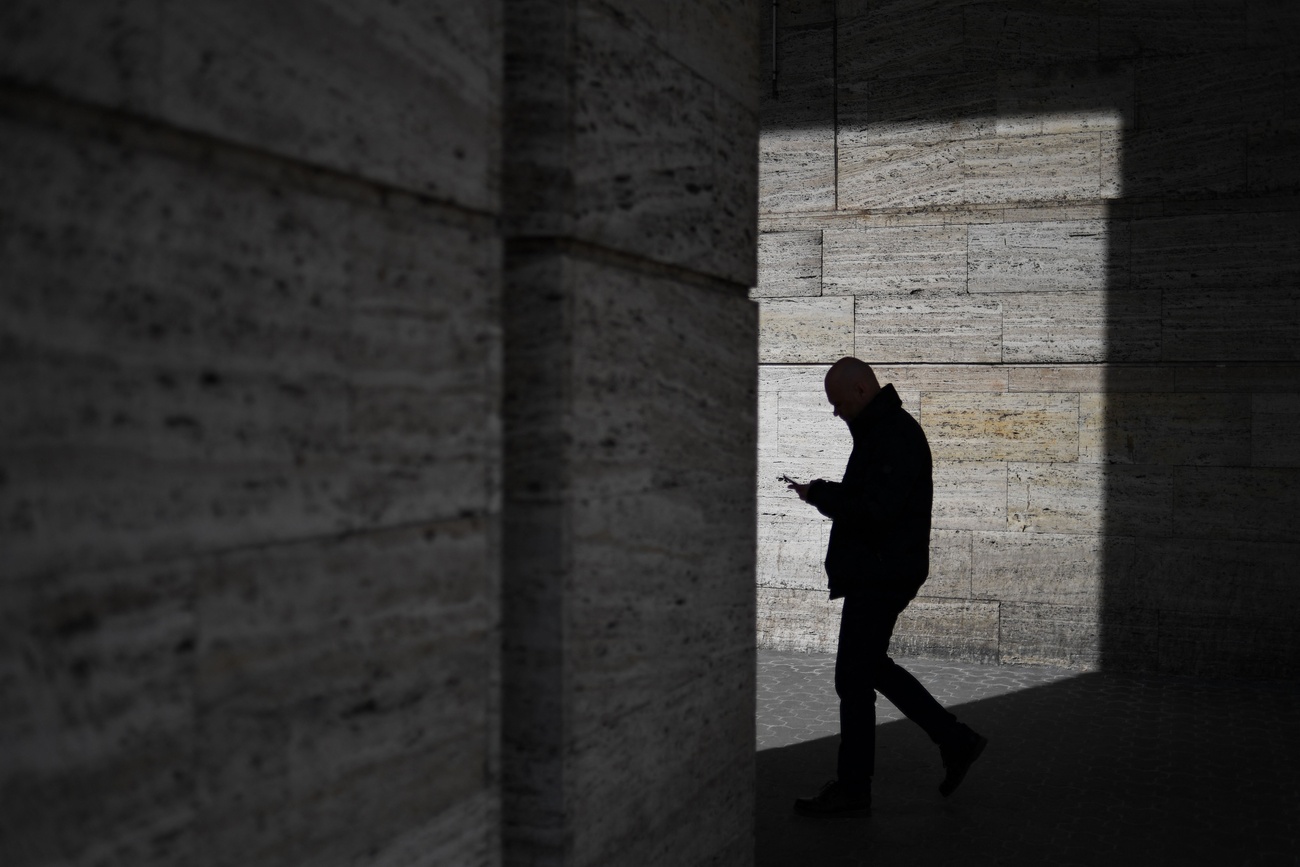












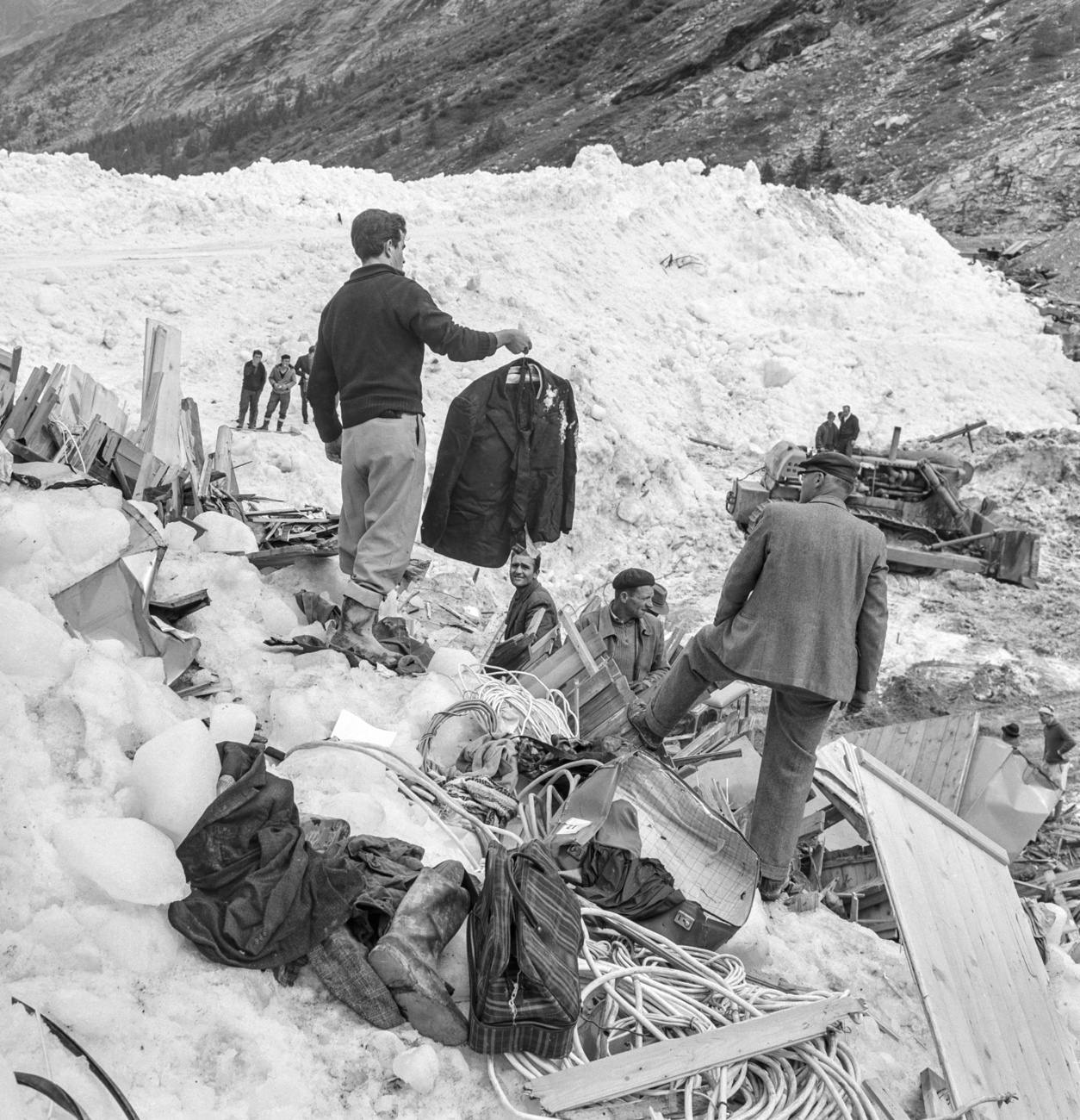


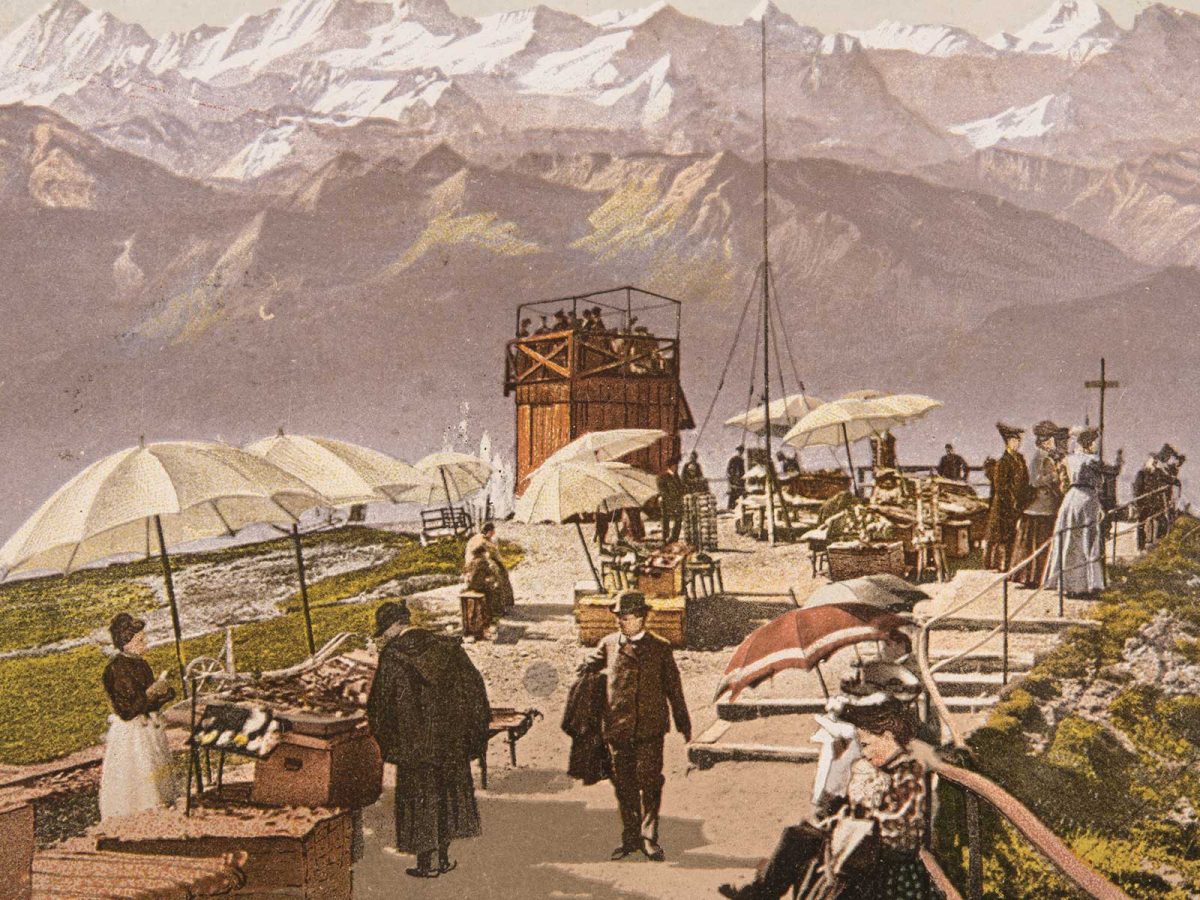


















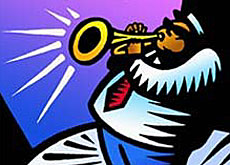
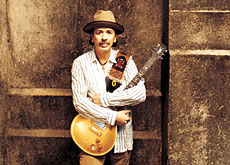
You can find an overview of ongoing debates with our journalists here . Please join us!
If you want to start a conversation about a topic raised in this article or want to report factual errors, email us at english@swissinfo.ch.